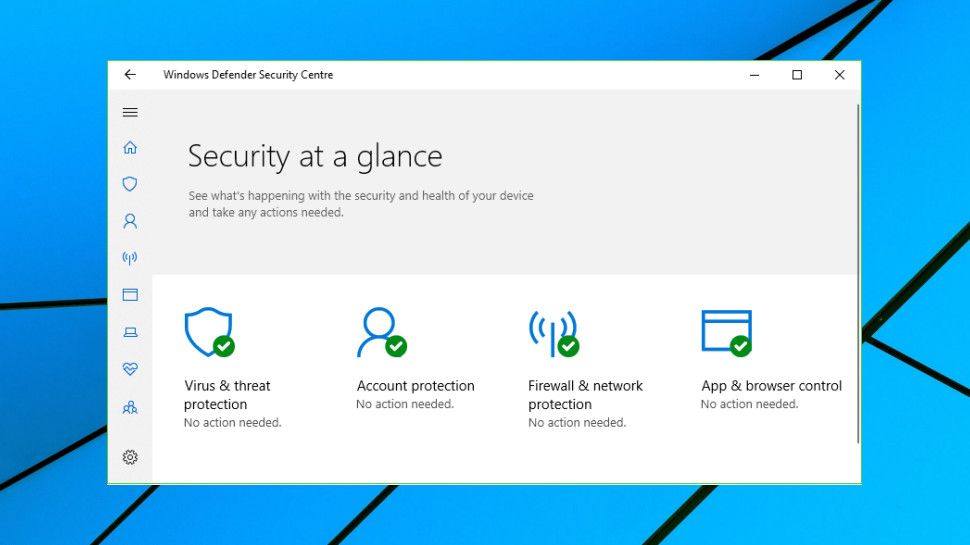

In a larger organisation, however, the benefits of central administration will surely outweigh any individual security features: for them, the best antivirus really is the one that's already installed.

In some scenarios, it will make more sense for staff to use a free consumer-grade antivirus solution. That might not appeal to small businesses wanting to minimise their management commitment. Avast antivirus offers considerably more options on plans and device coverage, as well as additional security features with premium subscription plans. Using either group policies or Windows Intune, organisations can control every aspect of user security, ensuring protections are enabled, current and appropriate for the needs of the business and the individual. Overall, Microsoft Defender is both free and offers great basic security, but if you want more comprehensive security, Avast is a clear winner. Then again, that might not matter - because one of the biggest benefits of Windows Security is that business users don't need to manage it for themselves. That might be to protect users from its impenetrable interface though, which requires you to dig deep into the advanced security settings to approve applications. Everyday functions rub shoulders with obscure technical features such as CPU extensions, and ransomware protection is bafflingly turned off by default. The whole Windows Security app is a mess, with nine different pages of buttons and links to hunt through. Our biggest issue with Microsoft Defender is to do with usability.


 0 kommentar(er)
0 kommentar(er)
